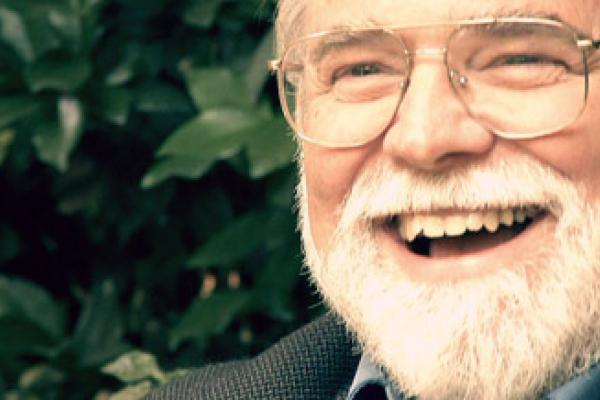Sep 10, 2015
Many people who are attracted to the helping professions, including ministry, have a personal history of abuse, neglect, or trauma. If these matters are neglected in training for ministry, the risk that people will become distributers of shame rather than of grace will go up. And that is a tragedy. Seminary is a perfect opportunity to start working on issues of this kind.
Read the Full Article

Already a subscriber? Login
